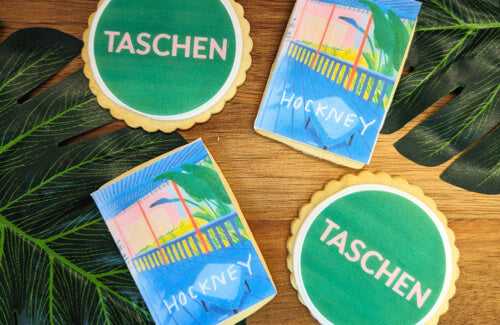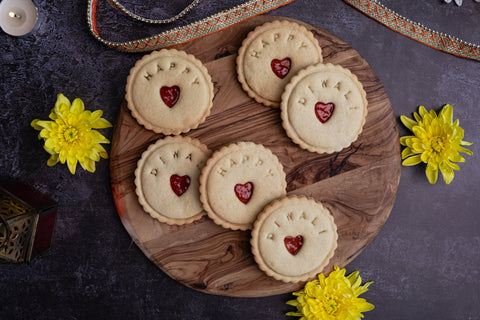Diwali also known as The Festival of Light, Dewali, Divali, or Deepavali is a socio-cultural festival. It is one of the most significant and widely celebrated festivals in Hinduism.
The term is derived from the Sanskrit words dīpa, "lamp, light, lantern, candle, that which glows, shines, illuminates or knowledge" and āvali, "a row, range, continuous line, series."
It is a time for families and communities to come together, reflect on the past year, and look forward to the future with hope and optimism. But what exactly is celebrated at Diwali?
Diwali: A Celebration of Light Over Darkness
At its core, Diwali is a celebration of the triumph of light over darkness, knowledge over ignorance, and good over evil. This symbolism is beautifully represented by the ubiquitous presence of diyas, small clay lamps filled with oil, which are lit during the festival to illuminate homes, streets, and temples. The flickering lights of the diyas serve as a reminder that even in the darkest of times, there is always a glimmer of hope.

The Legends Behind Diwali
The origins of Diwali can be traced back to several ancient Hindu legends. One of the most popular stories revolves around Lord Rama, a prince who was exiled from his kingdom for 14 years. Upon his victorious return, the people of Ayodhya lit diyas to welcome him home, symbolizing the triumph of good over evil.
Another legend associated with Diwali is the story of Lord Krishna defeating the demon Narakasura, liberating the world from his tyranny. This victory is seen as a metaphor for the triumph of inner light over the darkness of ignorance and negativity.
Diwali: A Time for Renewal and New Beginnings
Diwali is not only a celebration of light and victory but also a time for renewal and new beginnings. It is a time to cleanse one's home and heart, to let go of past grievances and negative thoughts, and to embrace a fresh start. This spirit of renewal is reflected in the tradition of cleaning and decorating homes, wearing new clothes, and exchanging gifts with loved ones.

The Many Traditions of Diwali
The celebrations of Diwali vary across regions and cultures, but some common traditions include:
-
Lighting diyas: As mentioned earlier, diyas are an essential part of Diwali celebrations, symbolizing the triumph of light over darkness.
-
Creating rangoli: Rangoli are intricate patterns created on floors or courtyards using colored rice, sand, or flower petals. These designs are believed to welcome Lakshmi, the goddess of wealth and prosperity.
-
Worshiping Lakshmi and Ganesha: Lakshmi, the goddess of wealth and prosperity, and Ganesha, the remover of obstacles, are worshipped during Diwali to seek their blessings for the coming year.
-
Exchanging gifts and sweets: Diwali is a time for sharing and expressing gratitude. Families and friends exchange gifts and sweets, symbolizing their love and affection.
Diwali: A Festival for All
While Diwali is primarily a Hindu festival, it has become a celebration that transcends religious boundaries. People from all walks of life, regardless of their faith, join in the festivities, enjoying the vibrant lights, delicious food, and joyful atmosphere. Diwali is a reminder that light, hope, and goodness can unite us all.










